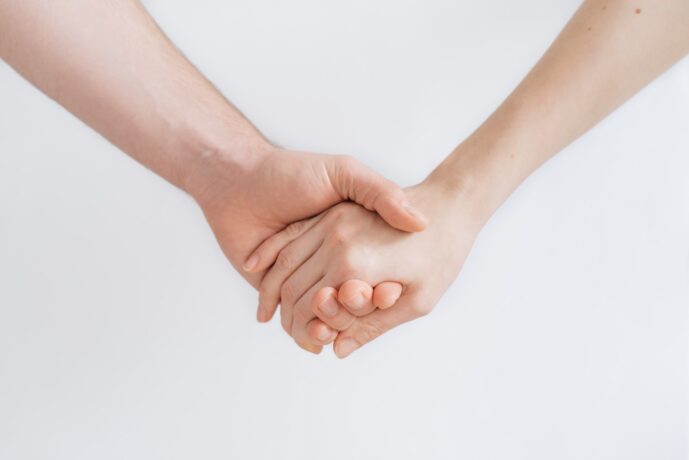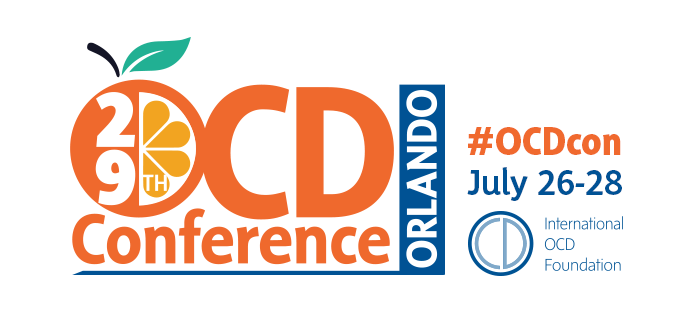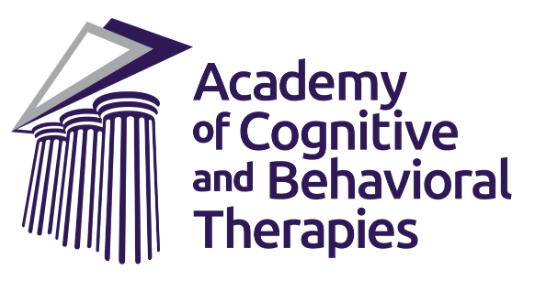
Helping someone else who suffers can be powerful. Tom,* like most clients, reflected on the larger purpose he had besides reducing his own discomfort. There is nothing wrong with coming to therapy to feel better, yet Tom said, “I’m fine with just personal growth through therapy, but are there any ways you know that I can help others recover—like I’ve been given the chance?”
Say no more. Put me in, coach.
Helping Helps
A chapter in my forthcoming book centers on advocacy, community, and service. Helping others results in many incredible benefits, like:
- Strengthened personal recovery
- Increased connectivity to others
- Increased compassion and understanding of others’ suffering
- Increased rates of happiness
- Greater sense of connectivity to God
- Benefiting the well-being of others
- Spiritual growth
The research is clear: help others, grow deeper. However, helping others out of more fear or pressure is not healthy either. This article would delight me if everyone would read it through the lens that I intend: encouragement for where you are to both deepen your own growth and help others if you so wish. Here are 10 considerations I gave Tom and have developed since.
10 Ideas
- Simply Showing Up—Identify where you are today. Don’t miss the fact that preparation is an essential step to helping.
- Immediate sphere of influence—those you live or work with may or may not have OCD. You can still live out your recovery, including improved focus and energy that benefits everyone, gentle correction of misunderstandings (e.g., “I’m so OCD!”), or conversation on therapy or taking medication. I can assure you that these can have an untold, profound influence on others, even in something as simple as letting others know it’s okay to get treatment!
- Advocacy Organizations
- OCD-specific
- Mental Health-specific
- Faith-specific
- Personal Advocacy
- Share your story
- Social Media Advocacy
- Make a post or story
- Follow like-minded accounts and share
- Write or blog
- Join or start a Podcast
- the OCD Stories
- Fearcast
- The OCD and Anxiety podcast
- Create an online course
- Financial contributions
- Donate (most of the organizations listed need money to operate)
- Sponsor someone to get therapy or subsidize treatments or online courses through Jack MHA, NOCD, IOCDF, and more)
- Seasonal advocacy
- OCD walks
- Conferences (both OCD-specific and other)
- Professional opportunities
- Train to be a therapist
- Train at OCD-specific Programs (UNC, Chapel Hill, Cambridge, USC, Yale, Baylor College of Medicine, Harvard/MGH)
- Training at a post-licensure intensive like the BTTI
- Do a brief online training, such as MGH and Harvard
- Serve on a board
- Create an online course
- Start a podcast
- Write a book
- Write an article/blog post
- Start or participate in a support group
- OCD Goals Group
- Scrupulous anonymous
- OCA
- Lead a short-term support group through a conference
- Start a Meetup group
- Help with an already existing group or clinician-led group
- Participate in research
- Clinical trials (therapy or medication)
- Surveys to brain scans (depending on the study, these are for both suffers, family members, and clinicians at times)
- Cambridge, Baylor College of Medicine, and NOCD are common examples that have many rotating studies
- OCD and faith integration
-
- Pray
- Start a simple conversation with someone in your church/parish/etc.
- Join a Special Interests Group (SIG)
- Faith and OCD Task Force
- Start something with your church
- Use any combination of the above, including a support group, becoming a contact person in your church, etc.
I am posting this blog on the first morning of the International OCD Conference (2023) in San Francisco. As I reflect back on 8 years of conferences (and as an OCD specialist), I’m reminded of how many things in my life were one-step-at-a-time. I just had to show up and be faithful where I was. My first conference in 2016 was in San Francisco, as well, and I hardly knew anyone in the OCD world. I met my dear friend and expert colleague, Dr. Kim Rockwell-Evans. I wouldn’t have imagined in a matter of years that I would have a large—and close—circle of friends in Dallas, would be the Dallas Advocate for OCD Texas, would be speaking every year at this and multiple other conferences, and would for the first time this year be on an expert panel with heroes of mine (Dr. Ted Witzig, Dr. Jed Siev, Dr. Alec Pollard, and Dr. Patrick McGrath)! The encouragement I get from all of this is to stay faithful where I am as I continue to seek opportunities.
A word on making money—there’s nothing wrong with earning money from some of these endeavors. If you could make money and help people just as much (or even more), would you be interested in that? I share this because many folks with kind hearts feel guilty if they get anything in return. While the opposite side of taking advantage of people is not advisable, what happens when everyone is pleased with the outcome? Sometimes this means making money.
What gets your attention? What areas of this world need a little more care and attention? How can you start today?
Dedicated to Caitlin- keep leaning into your own growth while you help advocate for others.








Leave a Reply